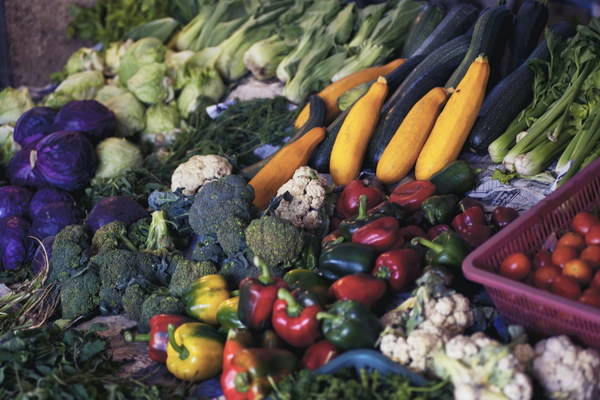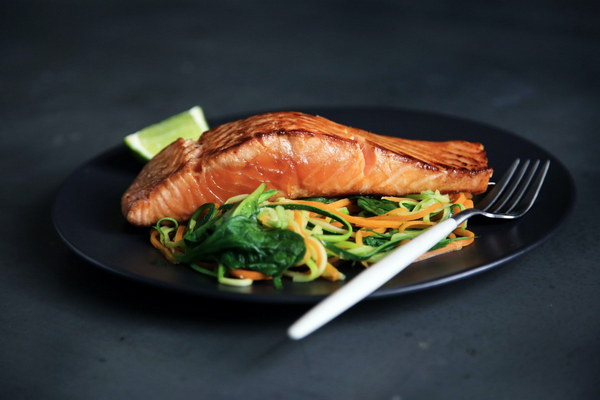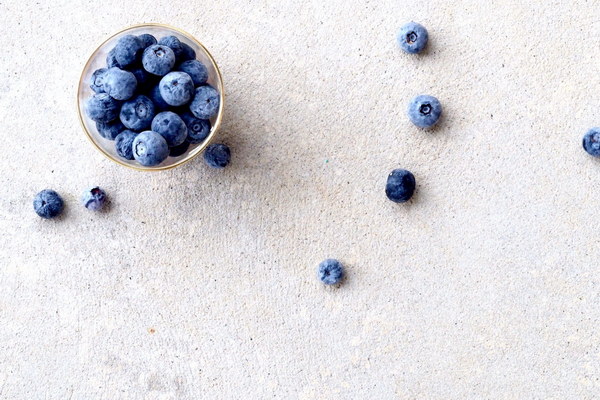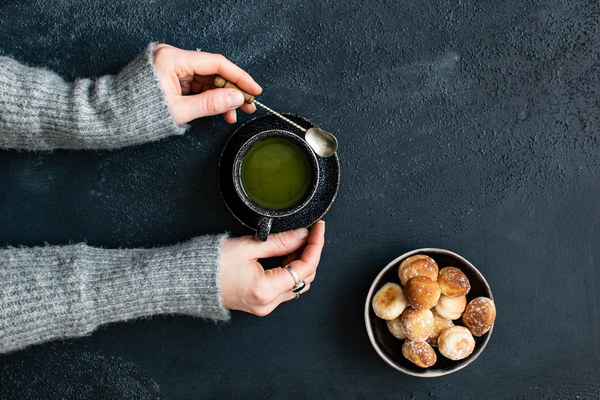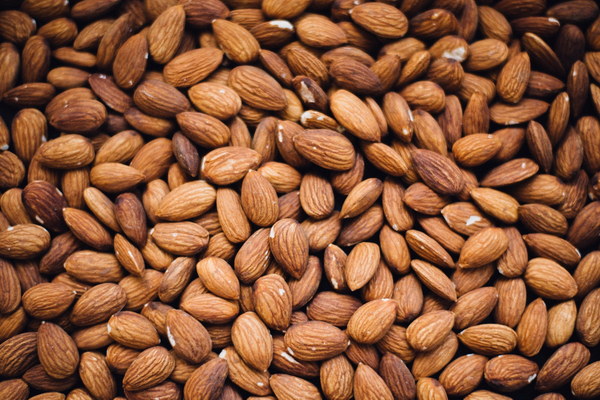Boosting Digestion and Absorption A Guide to Eating for a Healthy Stomach and Spleen
Boosting Digestion and Absorption: A Guide to Eating for a Healthy Stomach and Spleen
In the realm of traditional Chinese medicine (TCM), the stomach and spleen are considered vital organs that play a crucial role in the body's overall health. The stomach is responsible for breaking down food, while the spleen is responsible for transforming nutrients into energy. When these organs are functioning optimally, digestion and absorption are efficient, and the body retains its strength and vitality. However, poor dietary habits can lead to dysfunction in these organs, resulting in digestive issues such as bloating, constipation, or diarrhea. Here's a comprehensive guide to eating for a healthy stomach and spleen, thereby enhancing digestion and absorption.
Understanding the Stomach and Spleen
In TCM, the stomach and spleen are closely connected. The stomach is considered the fire pot of the body, where the digestive process begins. It transforms the food we eat into chyme, a semi-liquid substance that then travels to the spleen. The spleen is the earth element organ, responsible for transforming and transporting the nutrients from the chyme into the bloodstream. When these processes are disrupted, it can lead to various health issues.
Balancing the Diet
1. Choose the Right Foods: Opt for foods that are rich in nutrients but not too heavy or difficult to digest. This includes lean proteins, whole grains, and vegetables. Avoid overly spicy, greasy, or processed foods that can irritate the stomach and spleen.
2. Eat at Regular Intervals: Eating at regular times helps to keep the stomach and spleen working efficiently. Skipping meals can disrupt the digestive process and lead to digestive issues.
3. Avoid Overeating: Overeating can overload the stomach and spleen, leading to indigestion and other problems. It's important to listen to your body's hunger and fullness cues.
Specific Foods to Include
- Sweet Potatoes: A great source of complex carbohydrates, which provide energy without overburdening the spleen.
- Quinoa: A nutritious grain that is easy on the stomach and spleen, providing protein, fiber, and B vitamins.
- Boiled Chicken: Lean protein that is easy to digest and helps to build and repair tissue.
- Leafy Greens: Rich in vitamins and minerals, leafy greens such as spinach and kale are excellent for the spleen.
- Green Tea: A natural diuretic, green tea can help with digestion and is also rich in antioxidants.
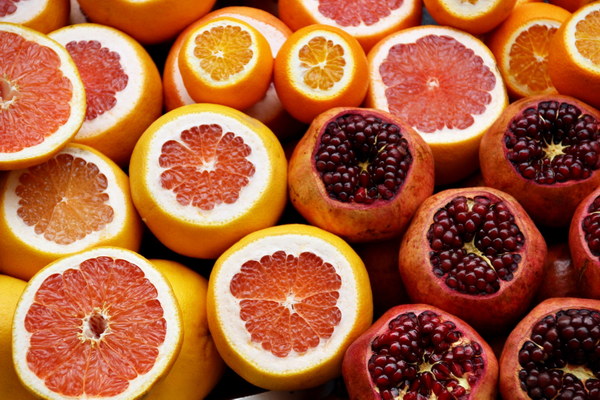
- Pumpkin: High in fiber and beta-carotene, pumpkin aids in digestion and supports the spleen.
Herbal Remedies
In addition to dietary changes, certain herbs can support the stomach and spleen. These include:
- Ganoderma (Reishi Mushroom): Known for its immune-boosting properties, ganoderma can help with digestion and overall health.
- Astragalus: This herb strengthens the immune system and supports the spleen.
- Peppermint: Peppermint can help with bloating and indigestion, as well as improve overall digestion.
Practical Tips
- Chew Thoroughly: Chewing food well helps the stomach to work more efficiently.
- Stay Hydrated: Adequate water intake is essential for digestion and absorption.
- Manage Stress: Chronic stress can affect the stomach and spleen, so finding ways to manage stress is important.
By following these guidelines and making conscious choices about what you eat, you can support your stomach and spleen, improving digestion and absorption. Remember, the key is balance and moderation. It's not just about what you eat, but how you eat it and how you take care of your body overall.


